Advanced Fire Fighting Training [Referred to STCW Standard: Section A-VI/3)
1.Target Group
This course is aimed at Seafarers designated to control fire-fighting operations onboard ship and wish to qualify for a certificate of competency.
2.Delegate Pre-requisites
A certificate of proficiency in Fire Prevention and Fire Fighting (STCW Table AVI/1-2) or equivalent.
3.Physical and Stressful Demands
Training and assessment activities contained within this Standard may includephysically demanding and potentially stressful elements. All personnel
who participate in such activities must be physically and mentally capable ofparticipating fully. Therefore, to ensure that prior to participating in practical
exercises, the delegates will be required to undergo medical screening by completing appropriate medical screening form provided by QISC
4.Aims and Objectives
On meeting the minimum standard of competence in Advanced Fire Fighting, a trainee will be competent to take command, organize and train fire parties
and control fire-fighting operations. The seafarer will have acquired knowledge of fire prevention and an ability to inspect and service fire detection and
extinguishing systems and equipment. She/he will also be able to investigate and report on incidents involving fire.
5.Learning Outcomes / Assessment Criteria
By the end of the training delegates will be required to understand and demonstrate the following:
Competence 1: Control fire-fighting operations aboard ships:
1. Fire-fighting procedures at sea and in port, with particular emphasis on
organization, tactics and command
2. Use of water for fire-extinguishing, the effect on ship stability,
precautions and corrective procedures
3. Communication and coordination during fire-fighting operations
4. Ventilation control, including smoke extraction
5. Control of fuel and electrical systems
6. Fire-fighting process hazards (dry distillation, chemical reactions, boiler
uptake fires, etc.)
7. Firefighting involving dangerous goods
8. Fire precautions and hazards associated with the storage and handling of
materials (paints, etc.)
9. Management and control of injured persons
10.Procedures for coordination with shore-based fire fighters
Competence 2: Organize and train fire parties
1. Preparation of contingency plans
2. Composition and allocation of personnel to fire parties
3. Strategies and tactics for control of fires in various parts of the ship
Competence 3: Inspect and service fire-detection and fire-extinguishing systems
and equipment
1. Fire-detection systems
2. Fixed fire-extinguishing systems
3. portable and mobile fire-extinguishing equipment, including appliances,
pumps and rescue, salvage, life-support, personal protective and
communication equipment
4. Requirements for statutory and classification surveys
Competence 4: Investigate and compile reports on incidents involving fire
1. Assessment of cause of incidents involving fire
6.Delegate Performance Assessment / Certification / Validity
Delegate Performance Assessment: Delegates will be assessed against the knowledge learning outcomes by written, open-book test and the practical
learning outcomes by direct observation.
Certification: QISC Certification will be issued upon successful completion of the
course.
Validity: 5 Years
7.Instructor & Delegate Ratio
1:12
8.Duration and Timing
4 Days
9.Venue [-Location ]
Qatar International Safety Centre
Gate No. 9 building – 23 Street – 45
Salwa Industrial Area
Doha Qatar
PO Box 23651
10. For more information
Please contact us direct for availability & costs:
Email: training@madinagulf.com
Tel: +974 4450 1223
Fax: +974 4450 1220
www.qisc.net / www.madinagulf.com
